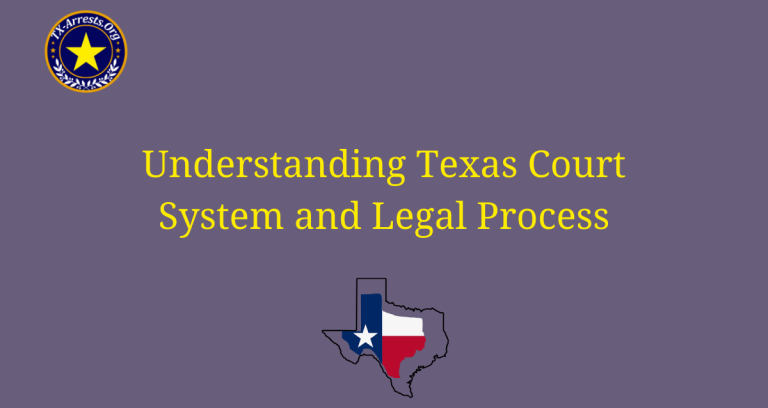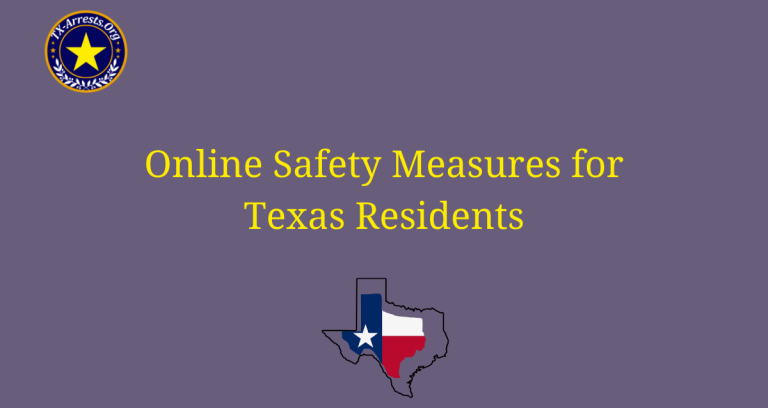Texas’s Response to Criminal Justice Reform

In recent years, Texas has emerged as a leader in criminal justice reform. Recognizing the need for change, the state has implemented innovative policies and programs aimed at reducing recidivism rates and improving outcomes for individuals involved in the criminal justice system. Through a combination of rehabilitation, diversion programs, and community-based initiatives, Texas is working towards a more effective and fairer justice system.
One key aspect of Texas’s approach to criminal justice reform is the emphasis on rehabilitation. Rather than simply punishing offenders, the state recognizes the importance of addressing the underlying issues that contribute to criminal behavior. By offering educational and vocational programs, substance abuse treatment, and mental health services, Texas aims to provide individuals with the tools they need to successfully reintegrate into society and lead productive lives.
Rehabilitation Programs
In order to address the underlying issues that contribute to criminal behavior, Texas has implemented a range of rehabilitation programs. These programs focus on providing educational and vocational opportunities to offenders, allowing them to gain valuable skills and knowledge that can help them reintegrate into society. By offering these programs, Texas aims to reduce recidivism rates and provide individuals with the tools they need to lead productive lives after serving their sentences.
Educational Programs
Texas recognizes the importance of education in breaking the cycle of criminal behavior. Through educational programs within correctional facilities, offenders have the opportunity to earn high school diplomas or GEDs, and even pursue higher education. This not only equips them with valuable knowledge, but also helps to improve their self-esteem and prospects for future employment.
Vocational Programs
In addition to education, Texas also provides offenders with vocational training programs. These programs offer practical skills training in various fields such as construction, automotive repair, culinary arts, and more. By equipping offenders with marketable skills, Texas aims to increase their chances of finding stable employment upon release, reducing the likelihood of reoffending.
Diversion Programs
Another key aspect of Texas’s approach to criminal justice reform is the implementation of diversion programs. These programs aim to divert individuals away from the traditional criminal justice system and towards community-based alternatives. By offering alternative paths to rehabilitation, Texas aims to reduce the burden on the criminal justice system and provide more tailored and effective solutions for individuals involved in low-level offenses.
Drug Courts
One example of a diversion program in Texas is the establishment of drug courts. These specialized courts focus on addressing the root causes of drug-related offenses through a combination of treatment, counseling, and intensive supervision. By offering alternatives to incarceration for individuals struggling with substance abuse issues, Texas aims to reduce recidivism rates and provide individuals with the opportunity to address their addiction and make positive changes in their lives.
Mental Health Diversion Programs
Texas also recognizes the importance of addressing mental health issues within the criminal justice system. Mental health diversion programs aim to identify individuals with mental health conditions and provide them with appropriate treatment and support instead of incarceration. By diverting individuals to mental health services, Texas aims to improve outcomes for individuals with mental illnesses and reduce the likelihood of them reoffending.
FAQs
What is Texas’s response to criminal justice reform?
Texas has implemented various initiatives to address criminal justice reform. These include implementing alternative sentencing programs, expanding access to rehabilitation and treatment programs, and investing in community-based corrections. Texas is also focusing on reducing recidivism rates through reentry programs and providing support services to individuals upon their release from prison.
How is Texas addressing issues of overcrowding in prisons?
Texas has implemented measures to address prison overcrowding, such as expanding capacity through the construction of new facilities and utilizing private prisons. Additionally, Texas has implemented diversion programs to reduce the number of nonviolent offenders entering the prison system. These efforts aim to alleviate overcrowding and ensure that prison resources are effectively utilized.
What steps is Texas taking to address racial disparities in the criminal justice system?
Texas is actively working to address racial disparities in the criminal justice system through various measures. This includes implementing training programs for law enforcement to promote fair and unbiased policing. Texas is also reviewing sentencing guidelines and policies to ensure equal treatment for all individuals, regardless of their race or ethnicity.
Texas programs for offender rehab?
Texas has implemented several initiatives to support the rehabilitation and reintegration of offenders. This includes expanding access to educational and vocational programs within correctional facilities to provide offenders with marketable skills. Texas also offers various reentry programs that provide housing, employment assistance, and support services to individuals upon their release from prison.
How is Texas addressing the issue of juvenile justice reform?
Texas is actively working towards juvenile justice reform by implementing programs and policies that prioritize rehabilitation and diversion over incarceration. This includes expanding community-based alternatives to detention, providing access to mental health and substance abuse treatment, and addressing the school-to-prison pipeline. Texas aims to promote positive outcomes for young offenders and reduce their involvement in the criminal justice system.
How’s Texas improving justice transparency?
Texas is taking steps to improve the transparency and accountability of the criminal justice system by increasing data collection and reporting. This includes tracking and analyzing data on arrests, prosecutions, and sentencing outcomes to identify disparities and inform policy decisions. Texas is also promoting community engagement and dialogue to ensure that the criminal justice system is responsive to the needs and concerns of the public.






